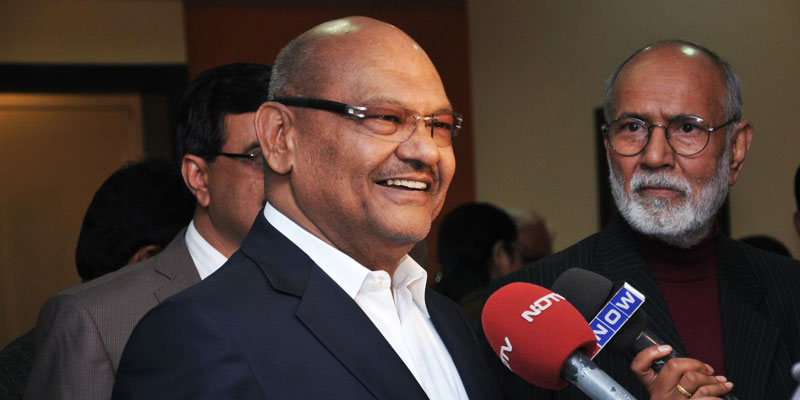Journalists – It is said that the Print Industry is dying. People even predict that with the advent of Digital era network TV is also going to go for a toss.
But, rest your doubts, aspiring journalists!
Even though the media industry is variable and unpredictable, there will always be a need for journalists and the field of Journalism.
Reporters might need to change their techniques and be open enough to get their stories online, even though they might have worked as print or broadcast journalists alone.
The news stories can find their way to their readers in any way feasible: through a daily publication or online or even through radio.
The purpose for reporting stories will always remain the same: to make people aware of their surroundings. Journalists will always need to bring up original stories, be observant of their surroundings and people, and be able to collate information, question every incident and people around them and have storytelling abilities.
Journalists will undoubtedly, have to analyse situations and think critically and subjectively. They have to learn several skills at a time and even gain expertise on some critical skills. The workplace, be it in the media industry or any other competitive work arena, requires its employees to be multi-skilled and well aware of almost everything related to their field of work.
Young journalists can only have a bright future in the age of ever-progressing Internet facilities, if they are willing to deconstruct and reconstruct ideas and relearn skills they might already be acquainted with.
Firstly, they need to be passionate to be working as a journalist and not pursue the course in a state of delusion or just because they can write well. Like many other fields, journalism too requires a lot of hard work but while other industries need dedication and patience mostly after you join the workplace, Journalists require working for unpaid internships and sending resumes to several companies before they get selected for one.
Journalism needs to be considered as a profession and not ‘just a job’ because unlike other work fields, it enables you with a lot of power and authority and opportunities to unravel the truth from many hidden lies and dangers. You have the scope to make a big difference to your society, community and country, while enjoying your popularity and perks.
Aspiring journalists will have to be dynamic enough to learn skills on their own through books or online, if they are not being taught new media and storytelling during their course. They have to be well equipped to work on different video editing software on digital camcorders or laptops or even I-pads. Though it is not possible to master all trades of journalism, it is certainly feasible and required that today’s journalists be jack of all trades while mastering some. If writing is your cup of tea, you may want to focus on your reporting and shooting skills and vice versa. You must be able to differentiate between footages shot in low light and those in bright, sunny conditions even if you are not a pro at shooting.
Journalism is all about accepting changes and striving to be the change. The industry not only thrives on ideas but also on technology. There is much need for people who can put the right technology to appropriate ideas to deliver an innovative or creative outcome.
Journalism skills are valued in several professions so acquiring useful skills such as researching, writing, observing carefully and analysing situations can always come handy.
So, don’t be afraid to learn and evolve. Teach yourself new skills and create newer and better stories around the world.





